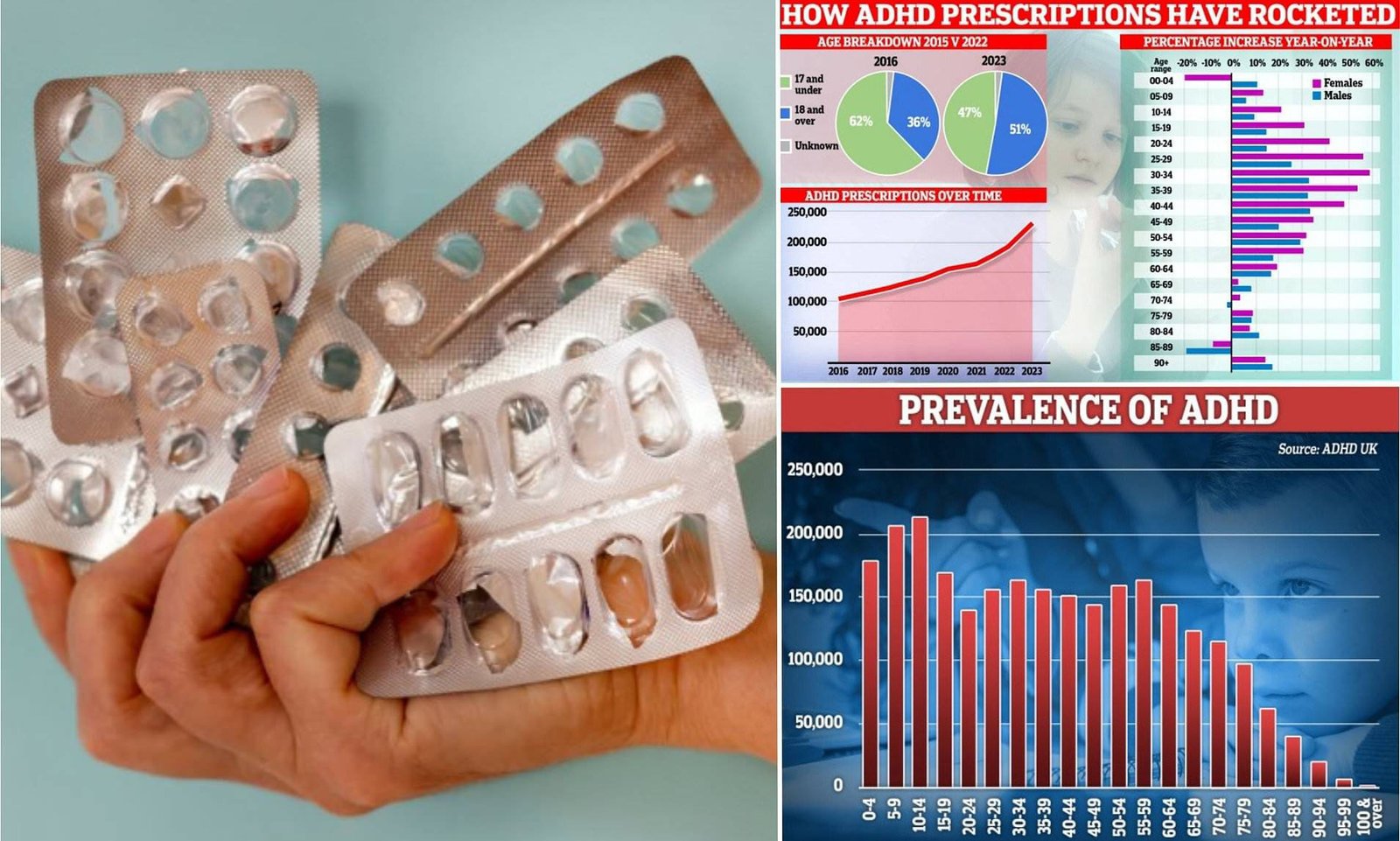A recent study suggests that amlodipine, a widely used blood pressure medication, could effectively alleviate symptoms of Attention Deficit Hyperactivity Disorder (ADHD) for many individuals. Current ADHD treatments often lead to side effects such as headaches, sleep issues, and appetite loss, with about 25% of patients not responding well to these medications.
The research, conducted on zebrafish—an organism that shares 70% of its DNA with humans—indicates that amlodipine can reduce hyperactivity by targeting overactive nerve cells in the brain. Dr. Matthew Parker, a senior lecturer in neuroscience at the University of Surrey and co-author of the study, emphasized that repurposing amlodipine offers a quick approach to managing ADHD symptoms due to its established safety and approval as a treatment for hypertension.
Amlodipine works by relaxing and widening blood vessels, which helps lower blood pressure and reduce the risk of heart disease and stroke. The study noted a marked decrease in impulsive behaviors among zebrafish treated with amlodipine, suggesting that the drug suppresses nerve activity associated with hyperactivity.
Further analysis involved individuals diagnosed with ADHD who were already taking amlodipine. Researchers used data from the UK Biobank health study and found that over 50 participants reported taking ADHD medications alongside amlodipine. These patients experienced fewer mood swings and lower risk-taking behaviors compared to those on other blood pressure medications, such as ramipril.
In England, more than 230,000 people receive ADHD medications, with prescription rates rising by 20% last year—the largest annual increase since 2015. This surge is particularly notable among women in their 20s and 30s, although pediatric cases are also increasing. Critics have raised concerns about the potential for over-diagnosis in private clinics and the indiscriminate prescription of powerful stimulant medications.
Common ADHD medications, such as Ritalin, can lead to side effects like agitation, drowsiness, and digestive issues. The rising demand for ADHD treatment has been partly attributed to public figures discussing their experiences, which has spotlighted long wait times for assessments on the NHS.
ADHD, affecting approximately 5% of children in the U.S. and around 3.6% of boys and 0.85% of girls in the UK, is characterized by inattention, hyperactivity, and impulsiveness. Symptoms often manifest in early childhood and can include constant fidgeting, poor concentration, excessive talking, and difficulty following instructions. Diagnosis typically occurs between the ages of six and twelve, although many adults also experience symptoms, which can often go unrecognized.
While the exact causes of ADHD remain unclear, genetic factors and environmental influences are believed to play a role. Conditions like anxiety, depression, and epilepsy are frequently associated with ADHD, complicating its management. Currently, there is no cure for ADHD; treatment usually involves a combination of medication and therapy to help individuals manage their symptoms effectively.
The potential for amlodipine to serve as a safe and effective ADHD treatment offers hope for patients seeking alternatives to traditional medications, with the possibility of reducing symptoms more rapidly due to its existing safety profile.



